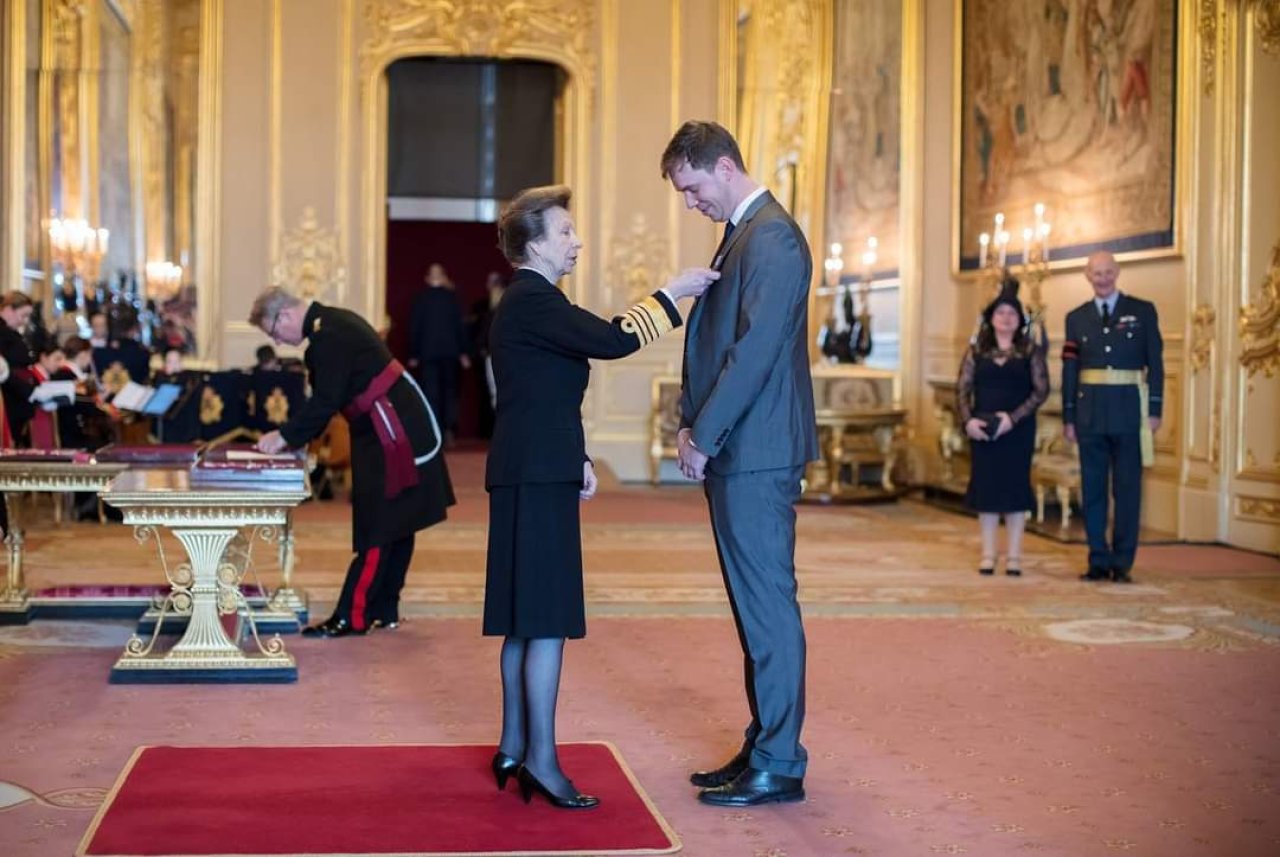What will be the hardest part about moving to the UK?
The biggest challenge will be for our family: Rose, my wife, is Brazilian. For her and our kids it will be their first extended time away from our Brazilian family. I’ve lived in Brazil for almost half my life. Maybe I’m too Brazilian now for British tastes?
Why not stay in Brazil?
With ReVive, we’ve been lucky to pioneer something that God placed in our hearts. It might be comfortable to stay. But it’s time to pass things to local leadership, which I’m passionate about. And to take on this fantastic role. Even though CMS is 200+ years old, it feels as if something new is happening: with our founding principles in mind, we’re entering a new stage of pioneering.
Speaking of local leadership, in your experience, is there a good model/formula for partnership between Westerners and non-Westerners in mission?
We didn’t follow a model, though we’ve seen first hand what not to do: how ministries can be starved of life by a foreign missionary holding onto control when there are local leaders waiting and willing to take things on.
So I wouldn’t say there’s a blueprint, but the foreign missionary has to be willing to share leadership and responsibility. Mission is an interchange.
'You cannot be a follower of Jesus without understanding that you’re called to mission.'
Andy Roberts MBE
Are you concerned that you’ve imported a Western model into Brazil?
When I first came to Brazil at age 18 I had a white saviour mentality. I remember thinking basically, “These Brazilians are so blessed because I’m coming.” But I didn’t speak the language, I didn’t know the culture.
I soon realised I had much to learn, from the street kids and from the local church. Though in material poverty, they were spiritually richer than I was. Coming back to the UK after six months, I was broken.
For my next outing to Brazil, I was ready to learn. And I’d met Rose and she helped me. She’d say, “That doesn’t work here, that’s not how you speak to people, that’s not how you run meetings.”
I learned organically. And our ministry developed in a less colonial way I hope. But of course, it’s a challenge to evaluate this impartially.
You were young on that first trip, but you aren’t exactly old now. Will this be an advantage or disadvantage in this new job?
I am very aware of my youth and my whiteness. I think we’re moving away from assuming leaders should be older, white, British, male. I am British, but I hope to come with a Latino heart and youthful enthusiasm, including enthusiasm for combatting colonial tendencies that still exist despite great efforts to move past them.
'I think everything we do in mission is ultimately about making and building disciples. A disciple loves and follows Jesus and is making more disciples.'
Andy Roberts MBE
For example, there’s increasing focus on working with local partners; we need to ensure this isn’t just rhetoric, that we are truly listening to our global family. I’m hoping my experience of learning to be guest, not host, will translate on a larger scale.
Not to be too provocative, but if, after decades of trying to be less colonial, it’s still a struggle, should we stop sending Westerners?
I think God calls people overseas and as disciples of Jesus we should be involved in global and local mission. But I recently read about a UK pastor who spent three weeks in India teaching people how to preach. I thought, “What does he know about preaching in an Indian context?” So, we must ask, what is the nature of our involvement? Are we coming from a place where we truly believe God is already at work in another context?
You used the word “disciple”. How much do you think of your role as disciple-making and how can you tell if someone is a disciple?
I think everything we do in mission is ultimately about making and building disciples. A disciple loves and follows Jesus and is making more disciples.
And I’d go a step further – a disciple is someone who’s involved in God’s mission. You cannot be a follower of Jesus without understanding that you’re called to mission.
When you look at the global picture, what are some key trends affecting mission?
Most foreign missionaries are being sent to nations with a strong Christian presence. Fewer people are going to where it’s harder to be a Christian. CMS is sensing a call to partner with people in spaces with minimal Christian presence.
Also, as technology becomes ever more universal, I’m inspired by digital opportunities. I also feel the continuing pull to unlearn colonialism.
The Bible doesn’t say God so loved the world that he sent money or signed a contract – he sent himself. So going back to your question, should we still send people – Jesus sent himself. So we need to do likewise. But the Bible says Jesus emptied himself – we must walk in humility as we go.
Pray
Pray for Andy in his new role and for him, Rose and the children as they settle into their new home.
This article was republished with permission from Andy Roberts. Source credit: https://churchmissionsociety.org/our-stories/back-for-the-future/

